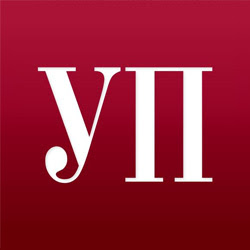EU foreign ministers have discussed possible options for further sanctions pressure on Russia.
Source: EU foreign policy chief Kaja Kallas at a joint press conference with Danish Foreign Minister Lars Løkke Rasmussen after the informal meeting of EU foreign ministers in Copenhagen, as reported by Ukrinform
Quote from Kallas: “Ministers discussed the possible building blocks for the next sanctions package. Options include secondary sanctions on those backing Russia’s war, as well as import bans and tariffs on Russian products.”
Details: She said that efforts against Russia’s shadow fleet also need to be stepped up.
Quote from Kallas: “I’ve asked the member states for their proposals next week. The goal is to exert maximum pressure on Russia. Of course, new actions would be stronger if matched by our partners, including our transatlantic partners.”
Details: She noted that ministers also discussed the use of frozen Russian assets for Ukraine’s defence and reconstruction: “It was a very, very good and very substantive discussion. We needed this to hear all the arguments from all the sides to really debate on the substance matter, and this discussion will continue.”
Kallas pointed out that ministers recognised the need to address Ukraine’s funding gap and to hold Russia accountable for war damages. To achieve this, it is essential to explore all available avenues while minimising potential risks.
Quote from Kallas: “I want to stress that financial markets did not react when we froze the assets. Financial markets are calm as we discussed this. There are risks, but I am confident that we are able to mitigate those risks.”
Details: At the press conference, she also reported that ministers ran out of time to discuss the third key agenda item – the possible change of the EU’s decision-making mechanism on foreign policy. This refers to the option of adopting certain decisions by a majority of EU members instead of full consensus, particularly in cases where one country does not take a constructive position and blocks the decision-making process at EU level.
Background:
The EU is considering the possibility of introducing secondary sanctions to prevent third countries from helping Russia circumvent existing restrictions.This tool, adopted in 2023 but not yet used, provides for a ban on exporting, supplying or transferring certain goods to third countries believed to be helping Russia evade EU sanctions.Politico earlier reported that the 19th EU sanctions package against Russia will not include new significant restrictions on energy sales that finance Russia’s war against Ukraine.Meanwhile, the United States introduced secondary tariffs against India to punish it for purchasing Russian oil.
Support Ukrainska Pravda on Patreon!
From Ukrainska Pravda via this RSS feed


